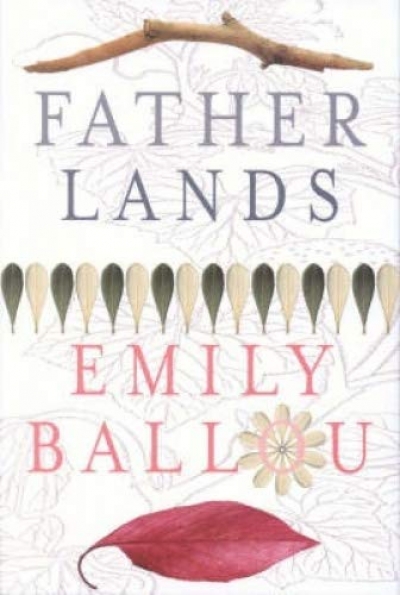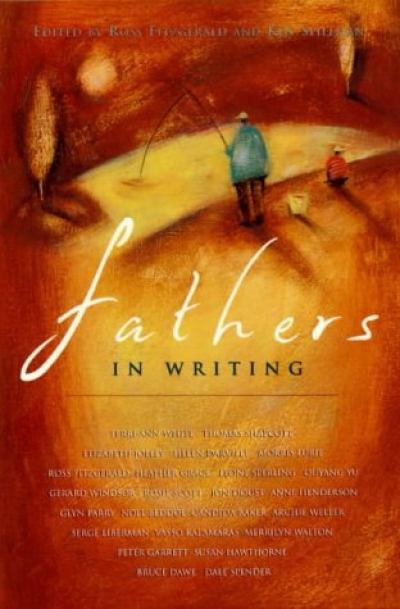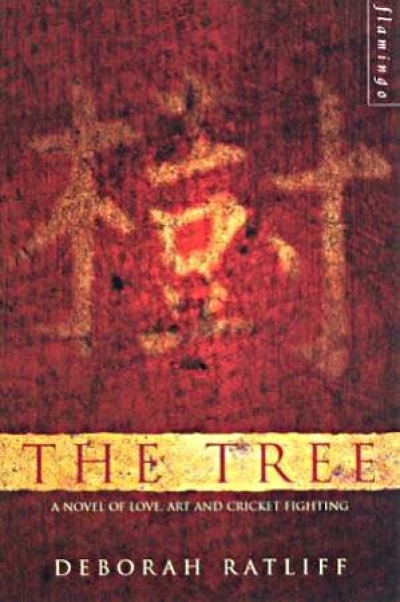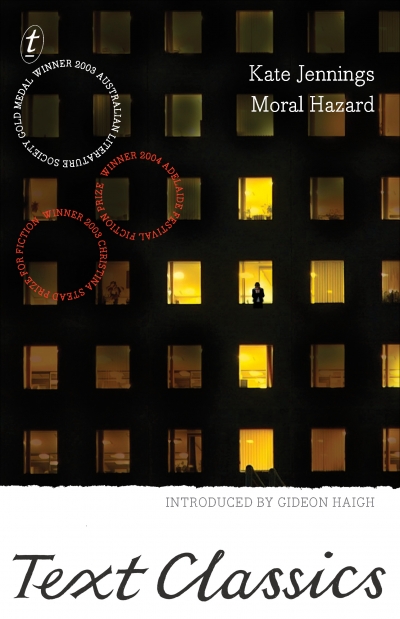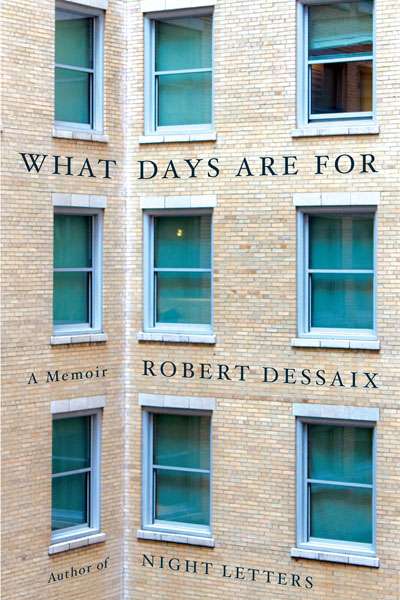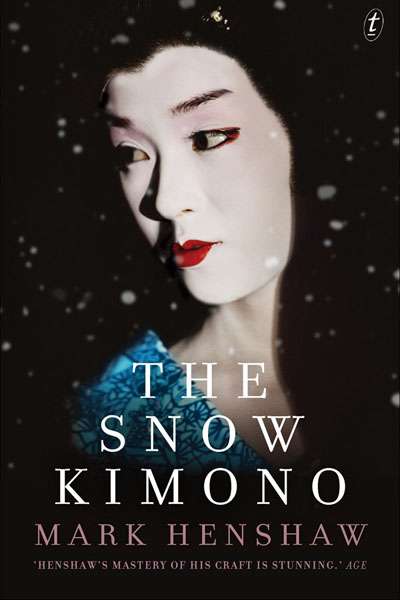Delia Falconer
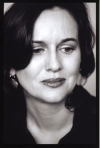
Delia Falconer is the author of two novels: The Service of Clouds (1997) and The Lost Thoughts of Soldiers (2005). She is also the author of Sydney (2011), and editor of The Penguin Book of the Road (2008) and Best Australian Stories (2008 and 2009). She lives in Sydney.
I am still puzzling over why Ross Fitzgerald and Ken Spillman chose the odd title, Fathers in Writing, for this anthology of personal essays. Because of its academic resonance, I first assumed that this book would be a scholarly analysis of father figures in literature – or, perhaps, following on from the work of certain feminist theorists, that it would look at how different valorisations of ... (read more)
American English, with its vigorous ability to get to the core of things, has an implacably visual word for the kind of person this novel is about – the ‘shut-in’. A shut-in is a recluse, perhaps a cinéaste or stay-at-home opera queen. He (I use my pronouns advisedly – the shut-in is usually a ‘he’) has a rich, century-long genealogy in books and on-screen, from Huysmans’s Des Essei ... (read more)
A friend describes the sensation as being in the movie set of your own life: everything is familiar, but not quite right. Auckland feels like an Australian city that has simply slipped a little, like the accent, to the east. There are hints of Hobart in the crisp sea and the misty sketched-in headlands. And of Sydney, in the over-abundance of harbour, the narrow streets of Ponsonby, which drop awa ... (read more)
From at least the mid-1980s, it has been almost obligatory for Australian reviewers to bemoan the dearth of contemporary political novels in this country. In some ways, this is a predictable backlash against the flowering of postmodern fabulist novels of ‘beautiful lies’ (by such writers as Peter Carey, Elizabeth Jolley, and Brian Castro) in the past two decades. And it is also a reaction agai ... (read more)
Robert Dessaix’s authorial voice reminds me of Christina Stead’s description of a small, clear wave running up a beach at low tide, playfully ‘ringing its air-bells’. He is not a writer of direct, declarative prose. Instead, Dessaix specialises in sentences that skip over and around their subjects, sometimes darting nimbly into brackets to investigate a second (or a third) thought, or dive ... (read more)
When Mark Henshaw’s début, Out of the Line of Fire, appeared in 1988, it was, as literary editor Stephen Romei states in his introduction to the recent Text Classics reissue, the ‘literary sensation of the year’. A novel about an Australian author’s difficulties in writing about his fugitive subject, the young German philosopher Wolfi, it was very much a book of its moment, when a joyous ... (read more)

